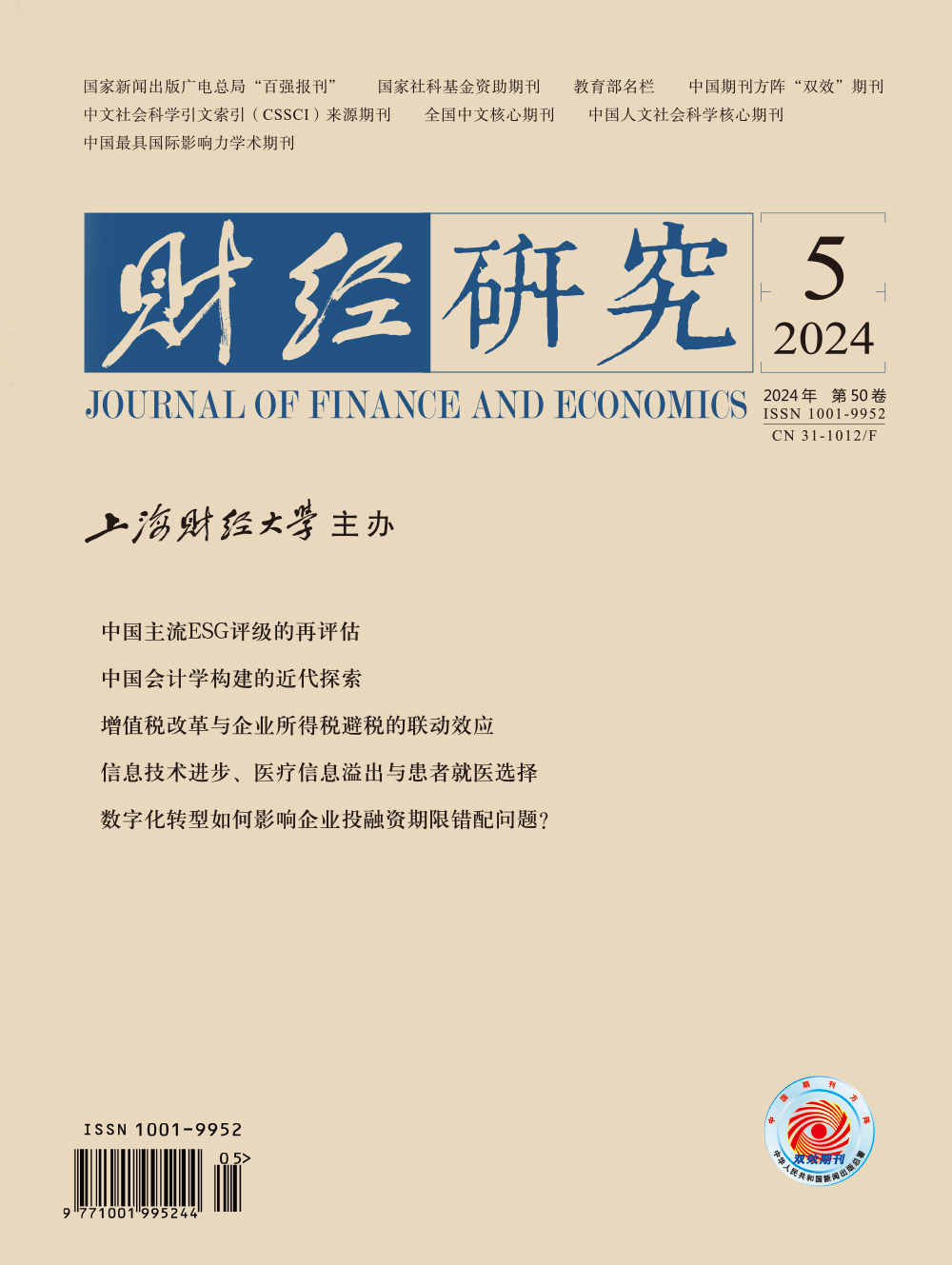As a branch of philosophy and social science, Accounting faces the mission of promoting theoretical innovation based on China’s local conditions, that is, the establishment of “Chinese Accounting”. For the current Chinese Accounting, which is still in the process of development and formation, its exploration has started in modern times. In this process, the dispute between improving and reforming Chinese Accounting in the 1930s has entered the exploration process of the establishment of Chinese Accounting in terms of theoretical consciousness and specific content.
From the perspective of the establishment of Chinese Accounting, this paper re-examines the dispute and finds that: (1) The occurrence of this dispute is inevitable, resulting from the combined effects of the real needs of China’s economic transformation in modern times, the dissemination of Western Accounting, and the inability of traditional Chinese Accounting thought to adapt to development. (2) The dispute actively seeks a path for the development of Chinese Accounting science, discussing the theoretical sources, basic principles, and theoretical systems. (3) The dispute presents two parallel paths for the modernization of traditional Chinese Accounting thought and the localization of Western Accounting in China. Although no conclusion has been reached, both sides are committed to serving China, which provides direct material for the exploration of Chinese Accounting with stronger theoretical consciousness that emerged in the late 1930s to the 1940s. The enlightenment of this dispute for the current exploration of Chinese Accounting lies in that we should grasp the establishment of Chinese Accounting from the perspective of China’s historical position, attach importance to the refinement of existing innovative achievements, always base ourselves on China’s local conditions, and integrate ancient and modern Accounting theories at home and abroad.
The main contributions of this paper are as follows: (1) It points out that the exploration of the establishment of Chinese Accounting has been launched since modern times, providing a historical dimension for related research. (2) It clarifies the achievements formed by scholars from the two schools in the exploration of the establishment of Chinese Accounting and their relationships with subsequent explorations, initially achieving an investigation on the exploration of the establishment of Chinese Accounting in modern times. (3) It demonstrates that both the improvement school and the reform school are indispensable transitional attempts gradually oriented towards the establishment of Chinese Accounting under the transformation of Chinese Accounting thought in modern times, enriching the understanding of this dispute.





 5335
5335  8490
8490

